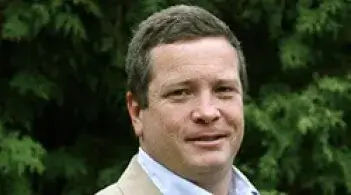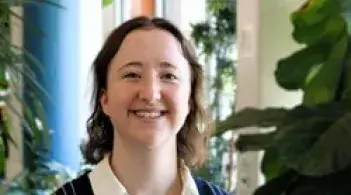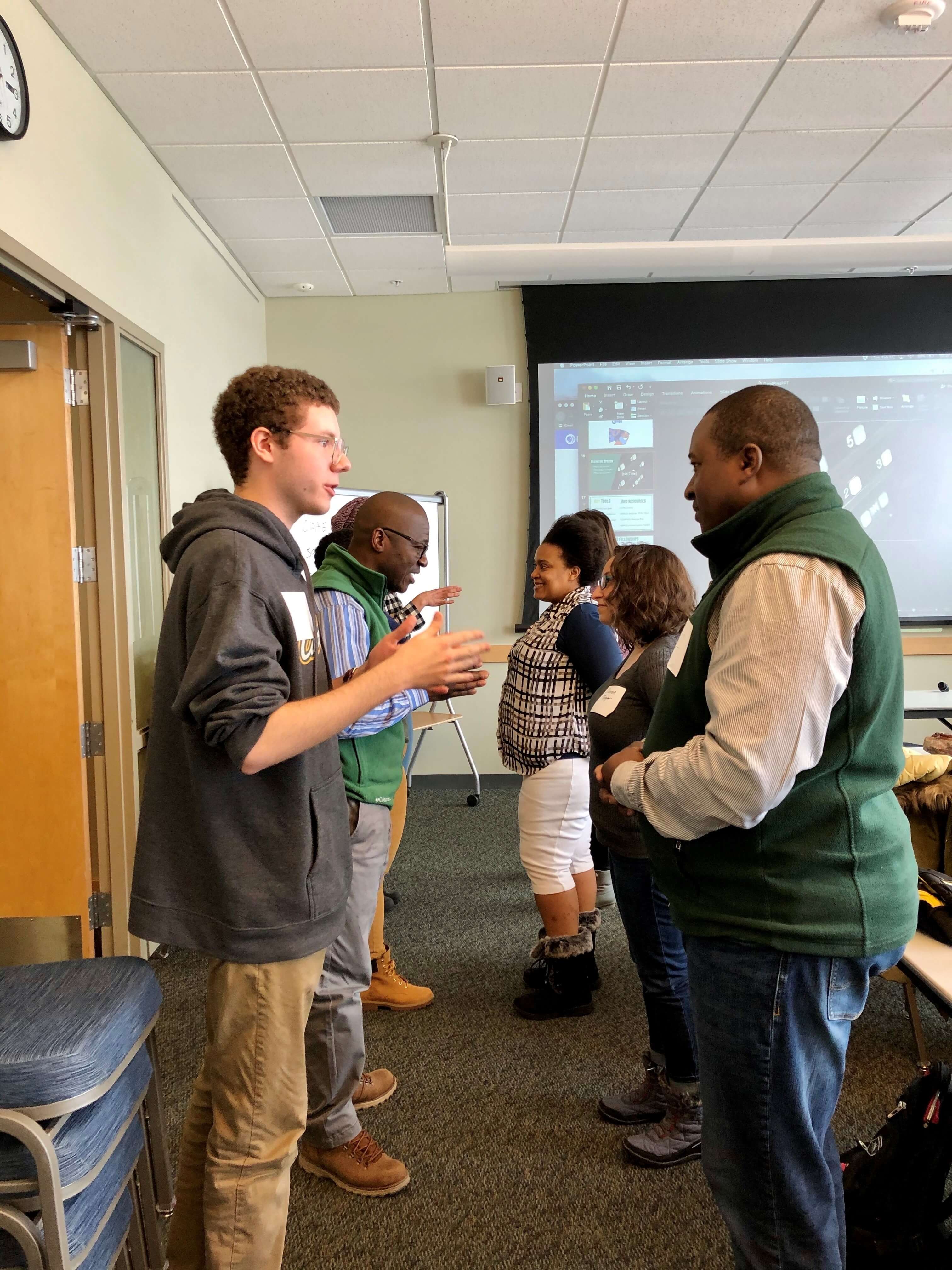Curriculum
The Certificate of Graduate Study in Ecological Economics includes 15 credits of graduate level coursework: 9 credits of required core courses and 6 credits of approved electives. Core courses are available online in an asynchronous format. Learning modules are designed as one- to two-week units, completed at your own pace with regular check-ins and instructor feedback. Each course culminates in a signature assignment designed to be put into practice in the workplace, policy bodies, consultancies, local governments, advocacy campaigns, and much more.
Required Core Courses
Ecological Economic Theory: 3 credits
Ecological economics (EE) seeks to understand and respond to complex and co-evolving sustainability challenges from local to global scales. As such, this course presents a transdisciplinary and systems-based approach to economics that draws on natural and social sciences, diverse schools of economic thought, and a range of academic and practice-based perspectives. This heterodox approach is aligned with contemporary understanding of earth systems, human biology, and deliberative democracy. While orthodox approaches to economics tend to be oriented around market efficiency and economic growth, EE is presented with a three-tiered focus on sustainable scale, equitable distribution, and efficient allocation. Students will come to understand human economies as historically contingent on social norms and as co-evolved with biophysical systems.
Ecological Economic Methods: 3 credits
Ecological economics considers the human economy as embedded in a social system and constrained by the biophysical world. As such, problem definition, analysis, and synthesis draw from many disciplinary perspectives. This course develops the problem-based approach of EE, reviews key analytical tools used by ecological economists, and develops methods for transdisciplinary synthesis such as systems dynamic modeling, multi-criteria analysis, input-output analysis, energy return on investment, and spatial modeling of ecosystem services. Students develop a model of coupled human-natural systems to investigate a current management or policy decision.
Ecological Economic Practice: 3 credits
The full problem-solving process includes both credentialed experts and experiential knowledge in defining, analyzing, synthesizing, and communicating action. This hands-on course brings together students, faculty, and stakeholders from diverse backgrounds and disciplines to address a specific local, regional or global environmental problem. Students learn to apply the principles and methods of ecological economics, systems thinking, and post-growth frameworks to messy, complex, real-world problems. Outcomes include collaborative research papers, extended peer reviews, policy briefs, grant proposals, policy agendas, advocacy campaigns, and management interventions.
Elective Courses
Beyond the three core courses, completion of the full Certificate of Graduate Study requires two additional electives selected from an annually approved list of online options. For on-campus students, other in-person graduate courses are available.
For the 2025-2026 academic year, online electives include:
Fall Semester
Spring Semester
More to be announced soon!





